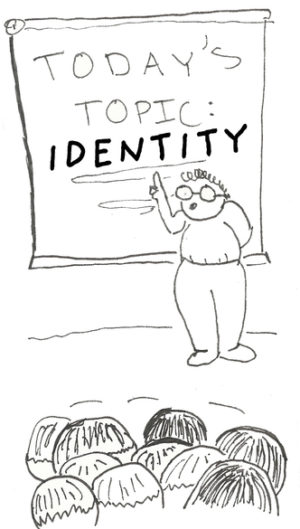Discussions, Not Debates
April 10, 2019
Some high school teachers are reluctant to address social matters such as LGBTQ rights and religion, which can often lead to dead-end arguments cemented in a politically-correct culture.
Although controversial topics can enrich the repetitive schedule of lectures and textbook readings when students apply their knowledge to relevant issues, teachers should refrain from expressing certain sensitive topics as debates in their curriculum because within a controlled public setting, students’ stances rely heavily on political correctness to be logical.
According to the Portola High Social Studies department, debates allow learners to use information literacy strategies, develop empathy and construct arguments using appropriate evidence.
The binary debate format (where one side is right to the rubric and audience) when discussing sensitive issues encourages biased interpretations of religion, orientation and other forms of expression.
“Likewise, a good debater, because the object of debate is victory by any means short of violence, will zero in on her opponent’s weakest argument,” professor of economics at State University of New York Sanford Ikeda said to the Foundation for Economic Education (FEE). “The goal is not truth-seeking, the goal is to win.”
Before the U.S. Supreme Court legalized same-sex marriage in 2015, the question of whether same-sex marriage should be allowed nationally depended on upbringing and religious beliefs. Ultimately, when the law passed in favor of same-sex marriage, furthering academic discussion through a debate became a balancing act to not offend anyone.
Without thorough research into a stance and its rebuttal, students repeat inaccurate scientific studies, misconceptions and exhibit confirmation bias. Some teachers without proper preparation do not have background knowledge or professional autonomy to monitor debates, according to the Atlantic.
As a result, teachers should turn to an open-ended class discussion to continue the thoughtful exchange without justifying an argument as right or wrong.
“Debate is easier because you never level criticism at your own argument. In a good discussion you have to, at least tacitly,” Ikeda said. “You enter wanting to understand the other side, coming not with prepared criticisms and zingers but with honest questions.”




